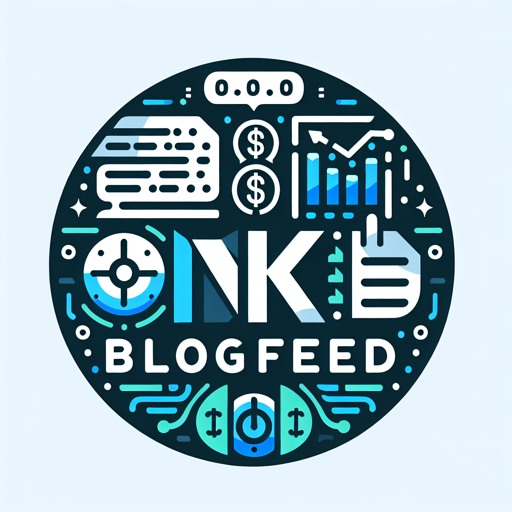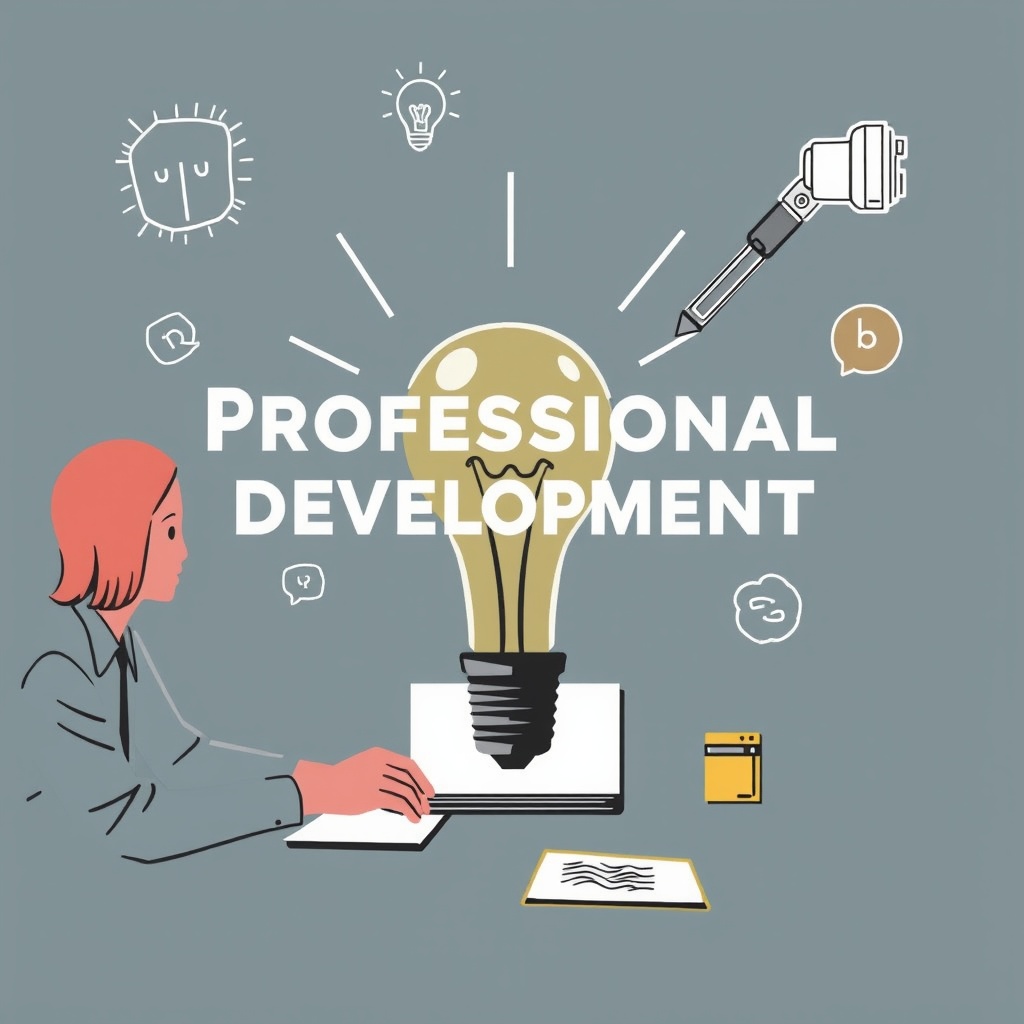In today’s fast-paced and ever-evolving job market, the significance of professional development cannot be overstated. As you navigate your career, investing in your growth and skill enhancement is essential for staying relevant and competitive. Professional development encompasses a wide range of activities, from attending workshops and seminars to pursuing advanced degrees and certifications.
By actively engaging in these opportunities, you not only enhance your knowledge but also demonstrate your commitment to your field, which can set you apart from your peers. Moreover, professional development is not just about acquiring new skills; it’s also about fostering a mindset of lifelong learning. In an age where technology and industry standards are constantly changing, being adaptable is crucial.
By prioritizing your professional growth, you cultivate resilience and the ability to pivot when necessary. This proactive approach not only prepares you for unforeseen challenges but also positions you as a valuable asset to your organization. Ultimately, investing in your professional development is an investment in your future, paving the way for new opportunities and career advancements.
Key Takeaways
- Professional development is crucial for staying competitive in the job market and advancing in your career.
- Networking and mentoring provide valuable opportunities for learning from others and building important connections.
- Continuing education and certifications help professionals stay up-to-date with industry trends and demonstrate expertise.
- Skill-building workshops and seminars offer practical training to enhance specific job-related skills.
- Leadership and management training are essential for those seeking career advancement and promotion opportunities.
Networking and Mentoring Opportunities
The Power of Connections
These connections can provide you with valuable resources and support as you navigate your career path. Mentoring is another powerful aspect of networking that can greatly enhance your professional development. Finding a mentor who has experience in your field can offer you guidance, encouragement, and constructive feedback.
The Benefits of Mentorship
A mentor can help you identify your strengths and weaknesses, set realistic goals, and navigate the complexities of your industry. Additionally, being a mentor yourself can be equally rewarding; it allows you to share your knowledge and experiences while also reinforcing your own understanding of the subject matter.
Fostering a Supportive Network
By fostering these relationships, you create a supportive network that can propel you forward in your career.
Continuing Education and Certifications

Continuing education is a cornerstone of professional development that allows you to stay current with industry standards and practices. Whether through formal education programs or online courses, pursuing additional learning opportunities can deepen your expertise and broaden your skill set. Many industries require ongoing education to maintain licensure or certification, making it essential for you to stay informed about the latest developments in your field.
By committing to lifelong learning, you position yourself as a knowledgeable professional who is dedicated to excellence. Certifications are another valuable aspect of continuing education that can enhance your credibility and marketability. Earning a certification demonstrates your commitment to mastering specific skills or knowledge areas, which can be particularly appealing to employers.
It signals that you have invested time and effort into advancing your expertise, making you a more attractive candidate for promotions or new job opportunities. As you pursue certifications relevant to your career goals, you not only gain specialized knowledge but also increase your confidence in your abilities.
Skill-building Workshops and Seminars
Participating in skill-building workshops and seminars is an effective way to enhance your professional development. These events provide hands-on learning experiences that allow you to practice new skills in a supportive environment. Whether it’s improving your public speaking abilities, mastering project management techniques, or learning about the latest software tools, workshops offer practical insights that can be immediately applied in your work.
Engaging in these interactive sessions not only boosts your confidence but also helps solidify your understanding of complex concepts. Additionally, workshops often foster collaboration and networking among participants. You have the opportunity to connect with others who share similar interests and challenges, creating a sense of community within your industry.
This collaborative environment encourages the exchange of ideas and best practices, enriching your learning experience. By actively participating in skill-building workshops and seminars, you not only enhance your own capabilities but also contribute to the collective growth of your professional network.
Leadership and Management Training
Leadership and management training is crucial for those aspiring to take on more significant roles within their organizations. Developing strong leadership skills equips you with the tools necessary to inspire and guide teams effectively. Training programs often focus on essential skills such as communication, conflict resolution, decision-making, and strategic thinking.
By honing these abilities, you position yourself as a capable leader who can navigate challenges and drive organizational success. Moreover, leadership training often emphasizes emotional intelligence and interpersonal skills, which are vital for fostering a positive work environment. Understanding how to motivate and engage team members can lead to increased productivity and job satisfaction.
As you develop these skills, you become more adept at recognizing the strengths of others and leveraging them for collective success. Investing in leadership training not only prepares you for advancement but also enhances the overall effectiveness of your team.
Career Advancement and Promotion Opportunities

Engaging in professional development activities significantly increases your chances of career advancement and promotion opportunities. Employers are often on the lookout for individuals who demonstrate initiative and a commitment to their growth. By actively pursuing professional development, you signal to your employer that you are serious about your career and willing to invest in yourself.
This proactive approach can lead to recognition within your organization and open doors for new roles or responsibilities. Furthermore, as you acquire new skills and knowledge through professional development, you become more qualified for higher-level positions. Your enhanced capabilities make you a more competitive candidate when promotion opportunities arise.
Additionally, the relationships you build through networking can provide valuable insights into potential openings within your organization or industry. By staying engaged in professional development, you not only enhance your qualifications but also position yourself strategically for future career advancements. In conclusion, prioritizing professional development is essential for anyone looking to thrive in their career.
From networking opportunities to continuing education and leadership training, each aspect plays a crucial role in shaping your professional journey. By investing time and effort into these areas, you not only enhance your skills but also position yourself for success in an ever-changing job market. Embrace the journey of lifelong learning, and watch as new opportunities unfold before you.

